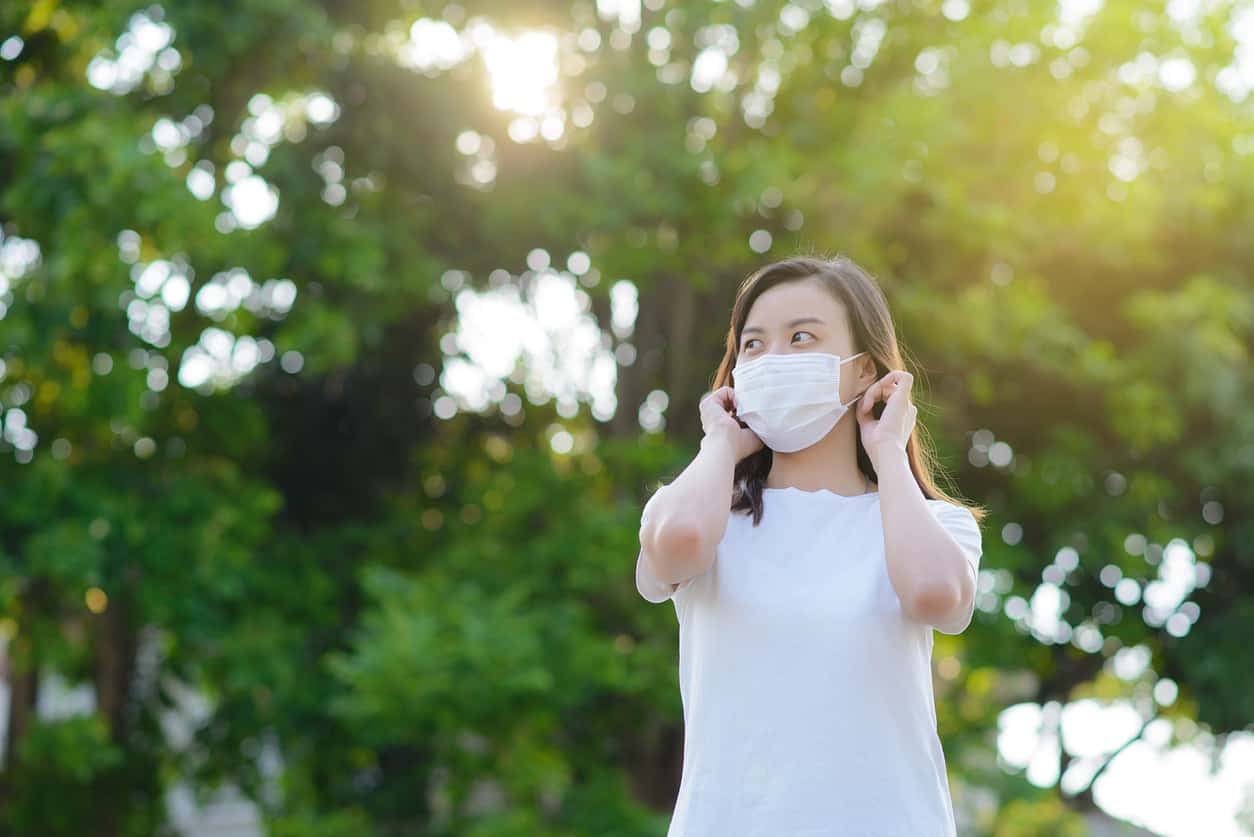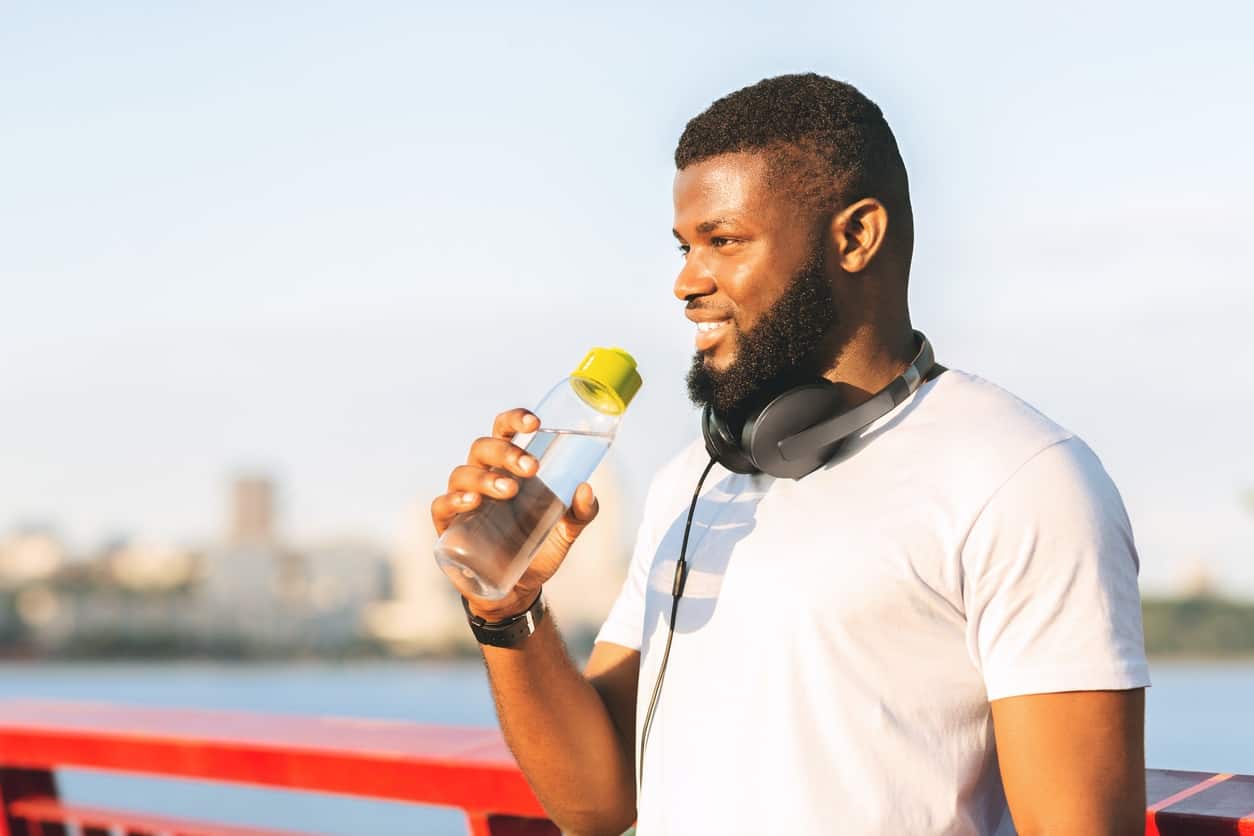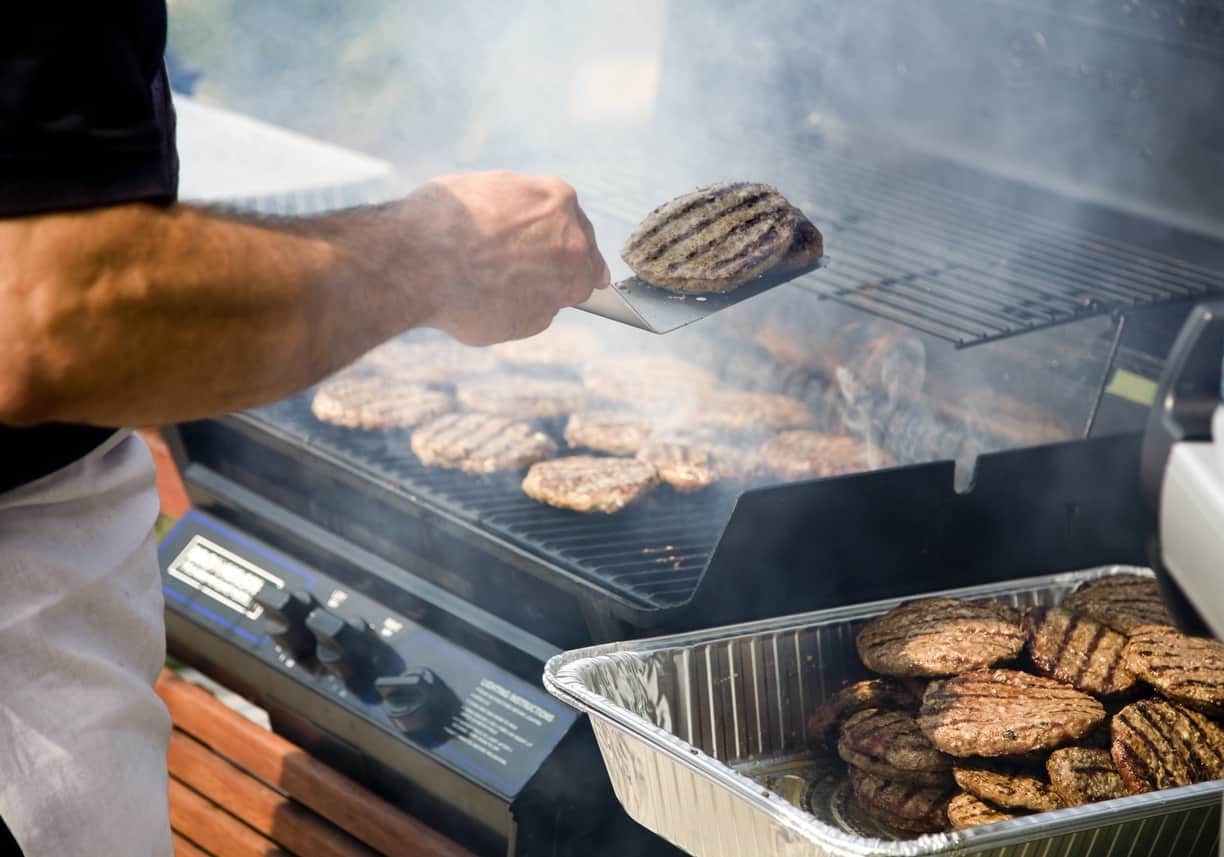It’s easy to have a safe and fun 4th of July by following some common sense safety tips.
Remember, COVID-19 continues to post a risk in our community, so make sure your celebrations comply with social distancing, the proper use of facemasks and other guidelines.
You can also protect yourself and others by avoiding amateur fireworks displays, using BBQ grills properly and staying hydrated during outdoor activities.
The 4th of July will look a little different this year as we social distance to keep our families – and the country we’re celebrating – safe and healthy during the COVID-19 pandemic. But it’s still possible to have a fun and festive Independence Day!
Lester Russell, EMT-P, Regional One Health’s Trauma/Burn Outreach and Injury Prevention Coordinator, encourages everyone to follow simple safety tips to enjoy this weekend’s holiday while protecting themselves and others.
“It’s up to all of us to create a safe environment to celebrate the 4th of July,” Russell said. “While this year’s holiday might not include some of the traditions we’re used to due to COVID-19 guidelines, the most important thing is to maintain our health and safety by social distancing and keeping our celebrations safe.”
Protect yourself from COVID-19
While July 4 is a day to celebrate America’s freedom, remember that the country is nowhere near free of the COVID-19 pandemic. It is essential to avoid gathering in large groups where the virus is more likely to spread, and to continue practicing common-sense safety measures.

As you celebrate the 4th of July, don’t forget that COVID-19 continues to pose a threat. Continue social distancing, proper use of facemasks and good hand hygiene to keep yourself and others healthy.
Continue social distancing by celebrating at home. If you go out for essential purposes, keep 6 feet of space in all directions between yourself and others.
Wear a mask that completely covers your nose and mouth when you are inside a public place.
Wash your hands often with soap and water for 20 seconds or use hand sanitizer with at least 60 percent alcohol.
Avoid do-it-yourself fireworks shows
Many professional fireworks displays have been canceled or postponed due to COVID-19. While fireworks are a beloved July 4 tradition, it isn’t worth the risk of doing it yourself.
Every July 4, our Elvis Presley Trauma Center and Firefighters Burn Center treat several victims of burns and hand injuries caused by amateur fireworks displays. Officials say fireworks are especially dangerous because they can cause not only burns, but explosive injuries.
Burn Center Medical Director Dr. William Hickerson, president of the American Burn Association, noted even sparklers, a popular option for kids, are extremely dangerous: “Sparklers burn at 1800 degrees Fahrenheit and produce sparkles that can cause eye injuries or catch surrounding objects on fire,” he said. “Furthermore, once it quits sparkling, it stays hot for quite a while and can cause a burn if a child picks it up.”

If you have outdoor activities planned for July 4, make sure to stay hydrated, wear sunscreen and avoid too much exposure to the heat and humidity.
Fireworks can malfunction and have an unpredictable trajectory. Even if you think you’re a safe distance from structures and people, the situation can turn dangerous – or deadly – in an instant.
Dr. Hickerson’s advice – just don’t do it: “The good news is that these injuries are 100 percent preventable. The best way to protect your family is to not use fireworks at home – period.”
Enjoy good food – safely
A family barbecue is a great way to celebrate; just keep these safety tips in mind:
Before using a grill, check the connection between the propane tank and fuel line. Make sure the tubes where the air and gas mix are not blocked. Do not overfill the propane tank.
When you’re ready to start cooking, “Always light your propane or natural gas grill with the lid open. If you leave it closed, then try to light it, it could cause an explosion,” Dr. Hickerson said.
Do not wear loose clothing while cooking, and do not add lighter fluid to a lit fire. Never grill or barbecue in enclosed areas as carbon monoxide could be produced.
Keep all matches and lighters away from children and supervise kids around grills.
When you’re done, dispose of hot coals by dousing them with water and stirring them to ensure the fire is out. Never place them in plastic, paper or wooden containers.

If you’re grilling out this 4th of July, make sure to operate your grill according to manufacturer’s instructions. Also, always monitor children closely when they’re in the vicinity of a hot grill.
Russell also said to ensure food safety by following Centers for Disease Control guidelines.
Don’t use the same plate and utensils for meat and ready-to-eat items like vegetables and fruit. Use a food thermometer to ensure meat and poultry are cooked hot enough to kill harmful germs.
Don’t leave food at room temperature for over two hours, or one hour if the outside temperature is over 90 degrees. Keep perishable food in an insulated cooler packed with ice or ice packs.
Don’t overdo it in the heat
If you’ll be outside, keep the heat and humidity in mind. In hot temperatures your body may be unable to properly cool itself, which can lead to serious health problems.
Drink plenty of fluids but avoid alcohol or sugary drinks, as they may actually cause you to lose much-needed fluids. Very cold drinks may cause stomach cramps, so avoid those as well.
Protect yourself from the sun by wearing a wide-brimmed hat and sunglasses. Wear lightweight, light-colored, loose-fitting clothing. Use sunscreen with at least SPF 15 and “broad spectrum” or “UVA/UVB” protection on the label.
Remember, in case of a medical emergency, please call 911.

